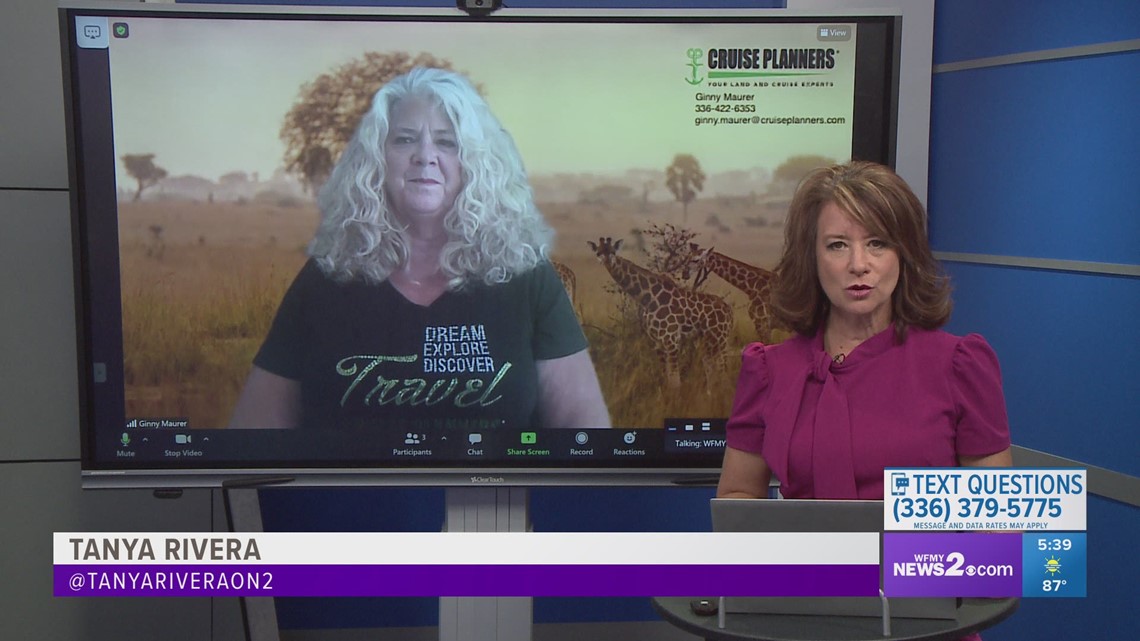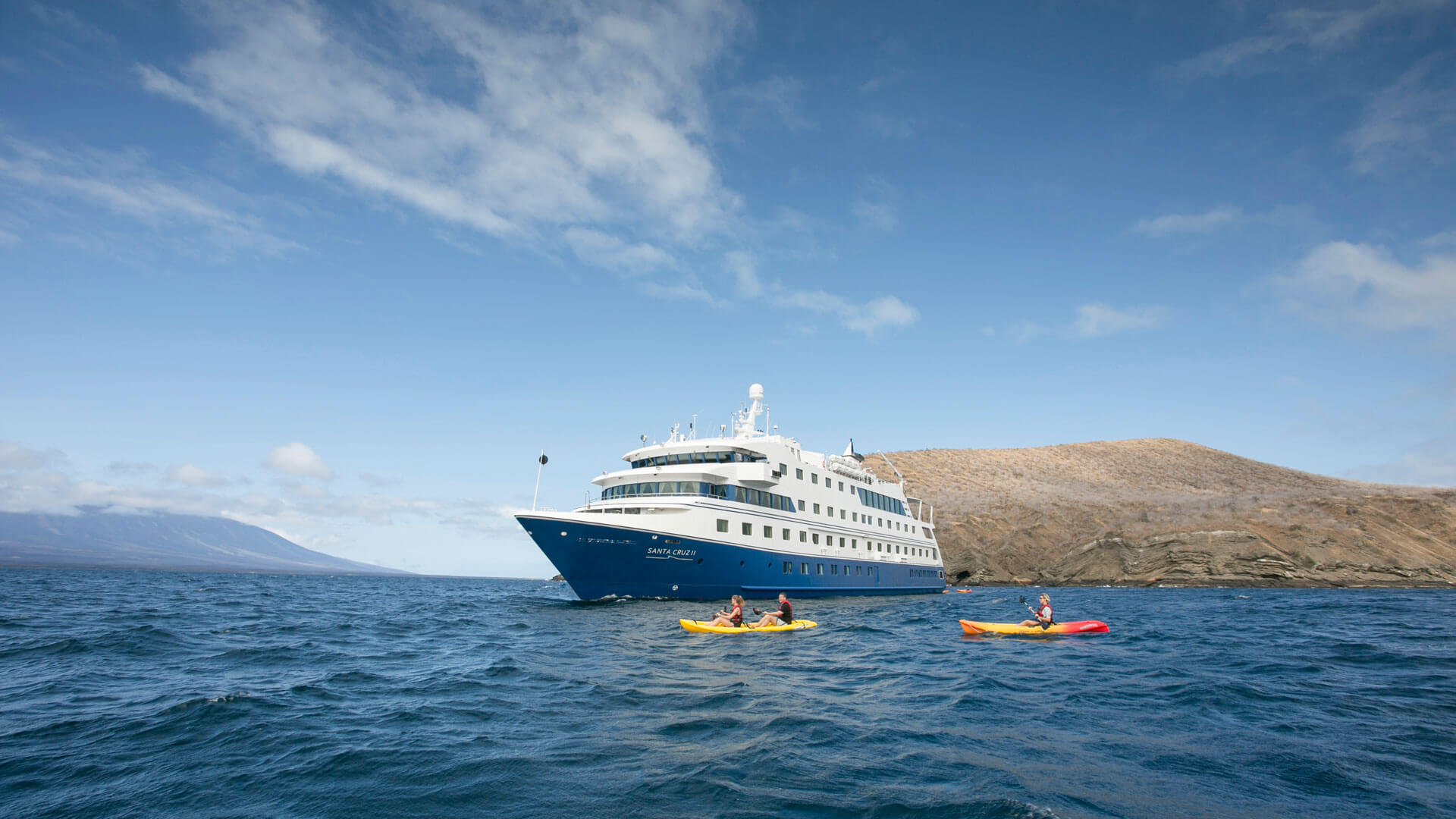‘Mental time travel’ is just one of numerous imaginative methods we can cope with the pandemic

Our skill to mentally different from the present is what Harvard University scientists Randy Buckner and Daniel Carroll refer to as self-projection or, more colloquially, mental time travel. The psychologist Endel Tulving, a pioneer in memory investigation, is credited with very first acknowledging the uniquely human potential to decouple ourselves from the existing setting.
Self-projection allows us to travel each backward and forward by time. We may relive a earlier argument with a spouse scene by scene, or think about how we will behave in an forthcoming career job interview. Lately, neuroscientists have discovered a shared neural architecture fundamental these mental simulations. The pattern of brain exercise elicited as we interact in cognitive separation from the present has turn into known as the default manner community.
With vacation constraints and necessary social distancing, men and women may perhaps feel specifically compelled to observe self-projection. At my final socially distanced gathering, three mates and I huddled alongside one another in down below-freezing temperatures on the patio of our preferred cafe in New York. We gathered in an attempt to catch up soon after the holidays. In the glow of the overhead heaters, we went around the desk with each and every particular person answering the concern. When the borders open and it is harmless to journey, the place will you go?
This question sparked a great deal excitement. Voices rose as another person shared his intention to travel to Costa Rica to at last choose a crack at browsing the Playa Grande, a well-liked spot for surfers. We traded past vacation tales, laughing about the time one of us swam, screeching, via bat infested caves in Playa del Carmen, Mexico.
In that second, we saw the blue of the ocean and we could flavor the chilly cerveza served at the community seashore bar. We indulged each and every other by listening to ideas to vacation to significantly-flung destinations. For an quick, we have been no lengthier current, but, rather, transported to a further time and location.
If we imagine ourselves on the beach front in Costa Rica, it feels like we are there. We can just about odor the ocean and come to feel the sunshine on our skin. We depart at the rear of the latest planet to simulate and encounter a unique just one.
Projecting ourselves to a wanted foreseeable future instant can serve as a a great deal-required escape. But it can also be profoundly inspiring. If we can conjure up a apparent picture of an suitable long term instant — say, as we comprehensive a marathon or hike the Inca path in Peru — acquiring that intention could feel extra tangible and attainable. The thought is that if you can conceive it, you will obtain it. William James, a seminal figure in psychology, stated, “Anything you may well keep firmly in your creativeness can be yours.”
In the 1998 post “Harnessing the Imagination,” Shelley Taylor and her UCLA colleagues argue that the act of psychological simulation or imagining would make gatherings feel serious. They experience so vivid because they work within just the constraints of reality. The written content of long run simulations generally consists of details from the past, creating them extra plausible.
The upcoming simulation of your upcoming wedding ceremony may possibly consist of snippets from weddings you attended in the past, movies about weddings, and a good deal of mindful and unconscious marriage-related information and facts nestled in your extended-expression memory. It is all ready to provide as a rehearsal for the serious deal, to be retrieved and fed into the virtual psychological motion picture you participate in when you imagine your long run nuptials.
Jack Nicklaus, deemed one particular of the finest golfers of all time, as soon as wrote, “Before each individual golfing shot I go to the films in my head.” He described how these mental simulations of his future shot were essential to his results.
Psychological time travel also occurs when we come to be immersed in a book, film or perform. Streaming of motion pictures and Television sequence has improved exponentially in the course of the coronavirus pandemic, according to the latest figures tracking media consumption. Social media, also, is abruptly rife with posts of the prime 10 motion pictures to distract us. If we opt for an engaging film, the environment further than the display screen is suppressed and we slip into an alternate world.
Fb memories reminding us of what we had been doing on this working day X yrs ago have taken on a complete new benefit. They give a boarding go for a mental voyage. So it lately went for me. The other morning, when finding my 11-12 months aged daughter, Stella, all set for on the internet school, a Fb memory popped into view. It consisted of pictures taken 3 several years ago when my spouse, daughter and I traveled by means of Patagonia, Argentina. We traveled by horseback by means of the lush mountainside bordering the village of El Chaltén.
I remembered the thunderous sound of ice cracking off the significant Perito Moreno Glacier and tumbling into the Argentino Lake. This shorter mental voyage reminded me of our intention to return to this beloved location. I devoted the up coming several times to hatching a upcoming publish-covid system to pick up the place our very last journey finished. In my mind, our boots outfitted with the crampons utilized for ice climbing, the three of us carefully choose our initially stage out on to the glacier.
Anna-Lisa Cohen is a professor of psychology and chair of the psychology department at Yeshiva University.








